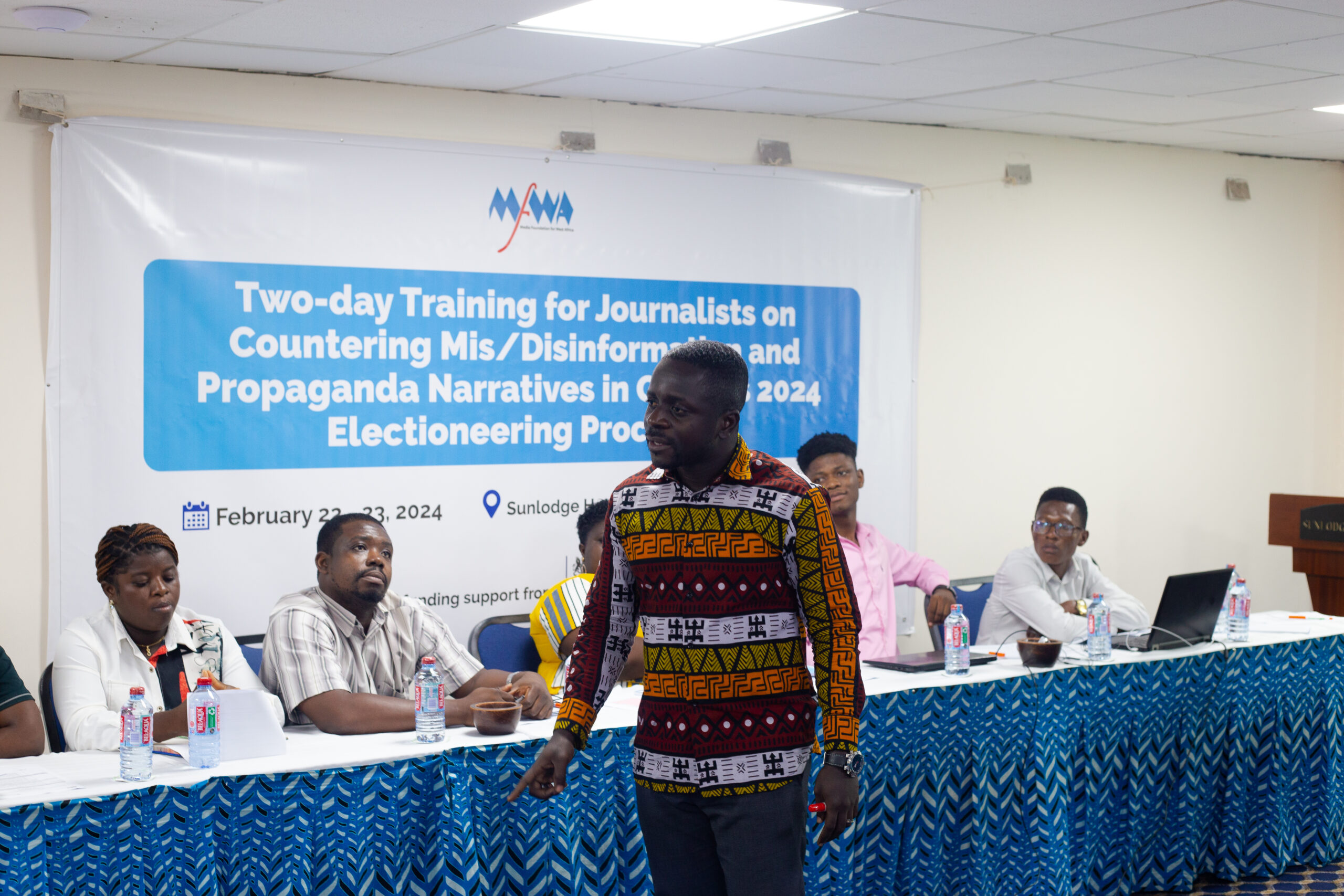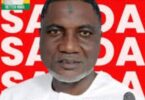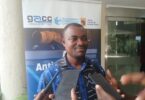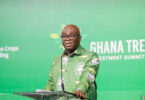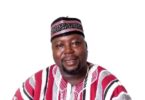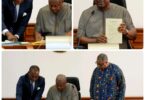Report by: Ishmael Barfi
As the country prepares to hold its Presidential and Parliamentary elections in December 2024, there has been the need to equip the fourth arm of government, the media to discharge their watchdog duties in their quest to inform and educate the populace accurately.
To achieve this, the Foundation for West Africa (MfWA) has organized a two-day Training for twenty-five Journalists on Countering Mis/Disinformation and Propaganda Narratives” in preparation for the upcoming 2024 Elections in Ghana.
The two-day Training, 22-23 February 2024 was to enlighten as well as equip journalists with the relevant tools, skills, and knowledge to combat the spread of misinformation, disinformation, and propaganda ahead of the elections.
Elaborating more on the relevance of the workshop For Journalists on Countering Mis/Disinformation and Propaganda Narratives, Mrs. Adiza Moro Programme officer at The Media Foundation for West Africa (MFWA) indicated that, her outfit believes journalists have a critical role to play in ensuring accountable governance, transparency, and peace as the country prepares to hold its Presidential and Parliamentary elections.
Therefore, the is a need to train journalists on how to differentiate between mis/disinformation and facts as well as using their platform to sensitize the public to be aware of this phenomenon of mis/disinformation.
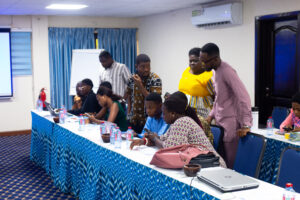
Participants brainstorming during a group breakout
To that effect, she believed that the arm of government, the media needs to be equipped to counter such mis/disinformation on their respective media platforms and mediums.
“Journalists play a pivotal role in shaping public discourse and maintaining the integrity of information. This training is not just about attendance; it’s about empowering journalists to actively combat misinformation and uphold journalistic ethics”, she acknowledged.
“We urge participants to embrace their role as agents of truth and change as we approach the crucial 2024 elections in Ghana, adding “We can only urge the media to be very vigilant in the information they put out”.
Mrs. Adiza Moro further urged journalists to do their homework well hence fact check every information that they put out and also become advocates to educate the public on mis/disinformation by ensuring practical application of the training, urging journalists to become agents of change rather than mere attendees.
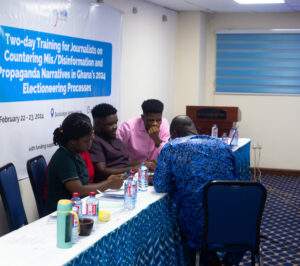
Elections 2024: Media Foundation for West Africa trains Journalists on Fact-Checking tools
And was confident that, the twenty-five trained journalists would present more credible stories by using the fact check tools learnt during the training.
“We expect that in their reporting, they will do all the fact checking of the kind of information they put out and even if they are in their studios, or they are writing, they’ll be conscious of the issues of false information and make sure that whatever they put out there is credible, and it is factual so that they don’t end up misleading the public*, she reiterated.
Meanwhile, Mr. Tindi, a renowned Ghanaian lecturer of the Ghana Institute of Journalism took journalists into the intricate nuances of understanding mis/disinformation, information disorder, and propaganda narratives.
He further highlighted the detrimental impact of misinformation on various societal aspects, including peace elections and democratic governance.
To avoid confusion and tension Mr. Tindi cautioned journalists not to trend the path of ethnicity, unhealthy political competition, religious conflicts, electoral violence, and violent extremism in their reportages.
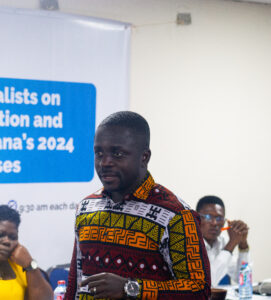
Kwaku Kroba Asante, an experienced Fact-check lead at Fact Check Ghana
Leading the journalists during the practical session of fact checking, Mr. Kwaku Kroba Asante, an experienced Fact-check lead at Fact Check Ghana under MFWA gave valuable insights into understanding fact-checking methodologies and working with fact-checking tools.
The MfWA’s Initiative supported by the Foreign, Commonwealth & Development Office underscores the critical role of journalists in safeguarding the integrity of information and promoting transparency in the electoral process, ultimately contributing to a fair and democratic election environment in Ghana.
Source: www.thenewindependentonline.com


